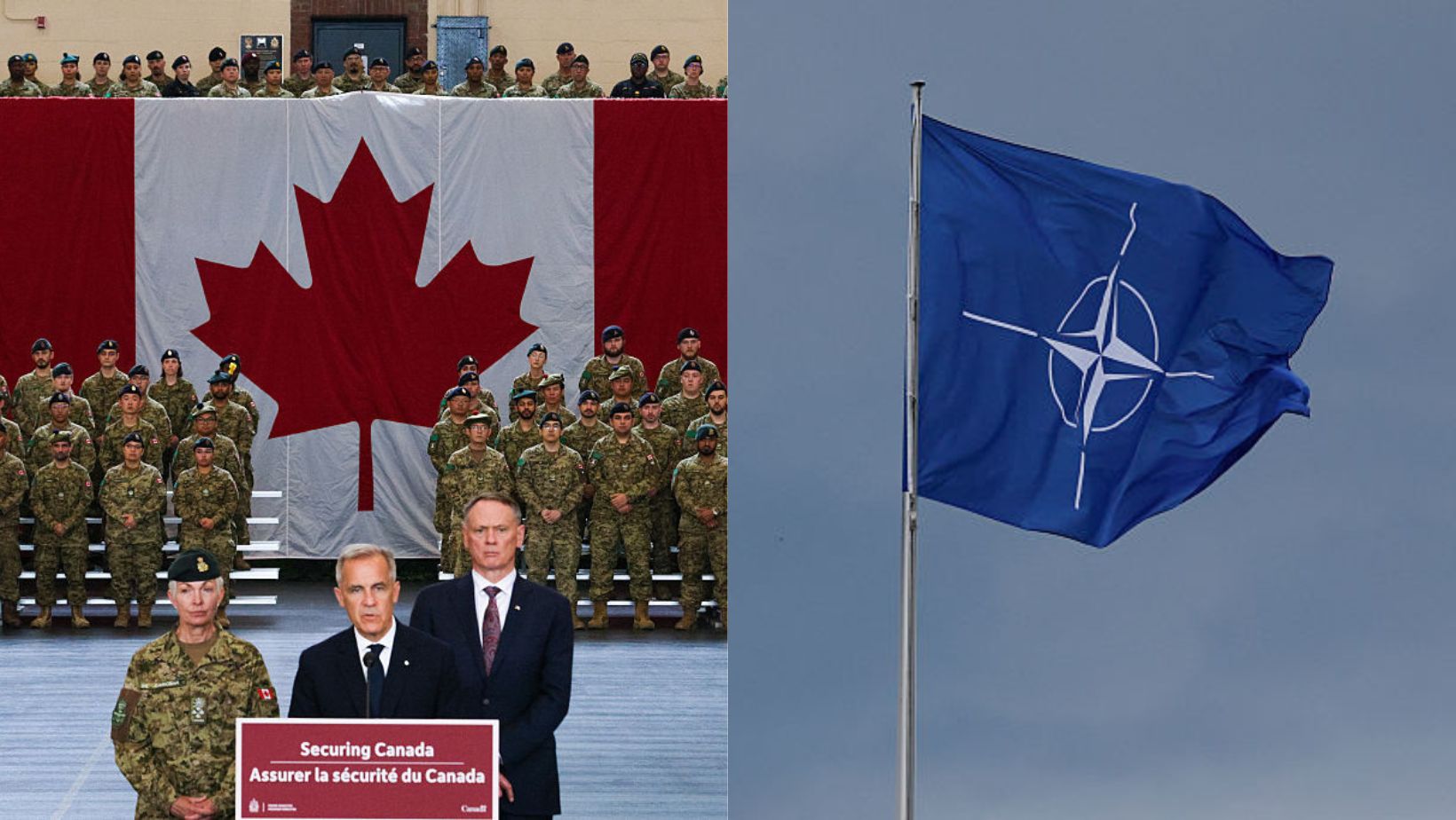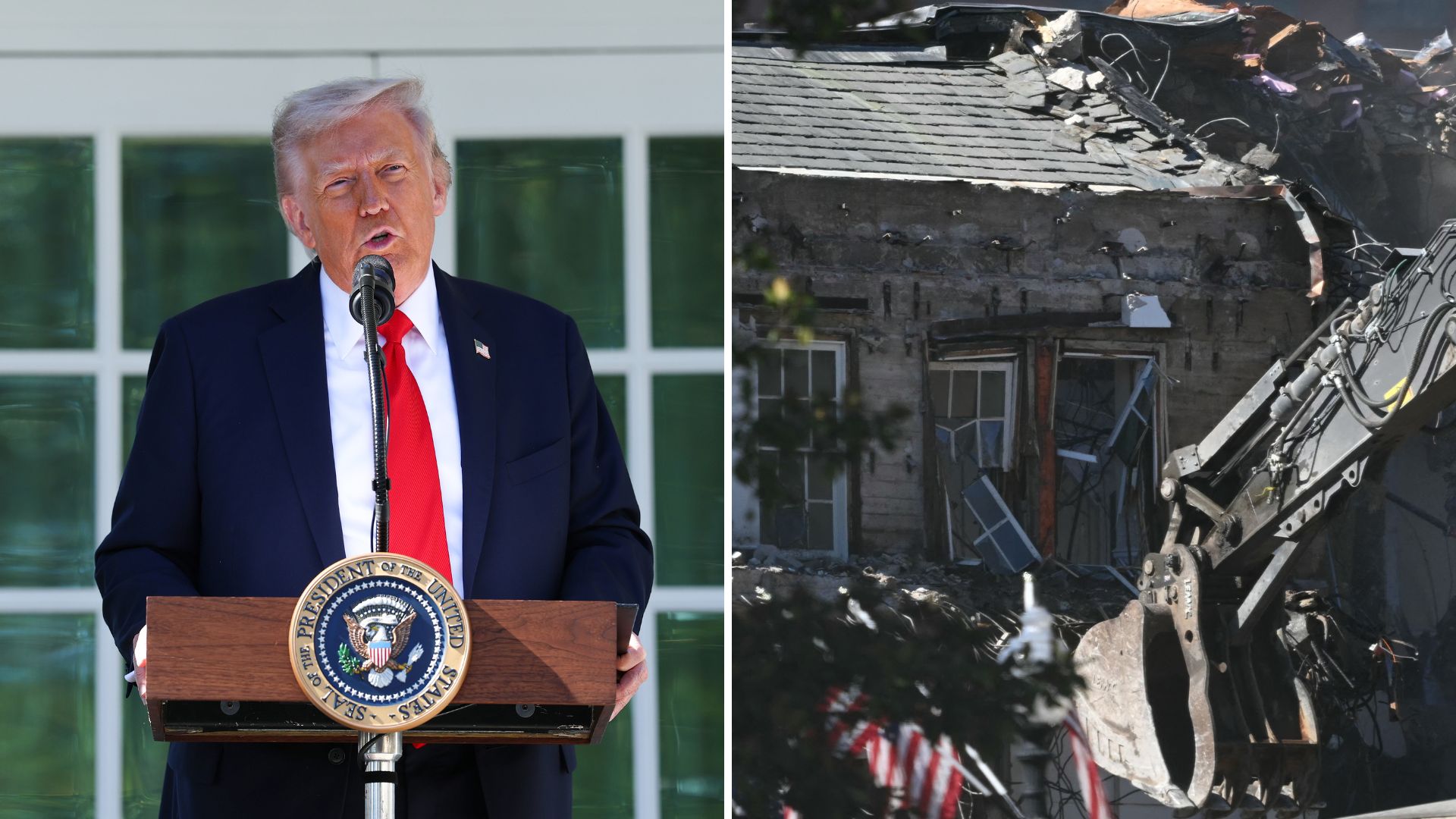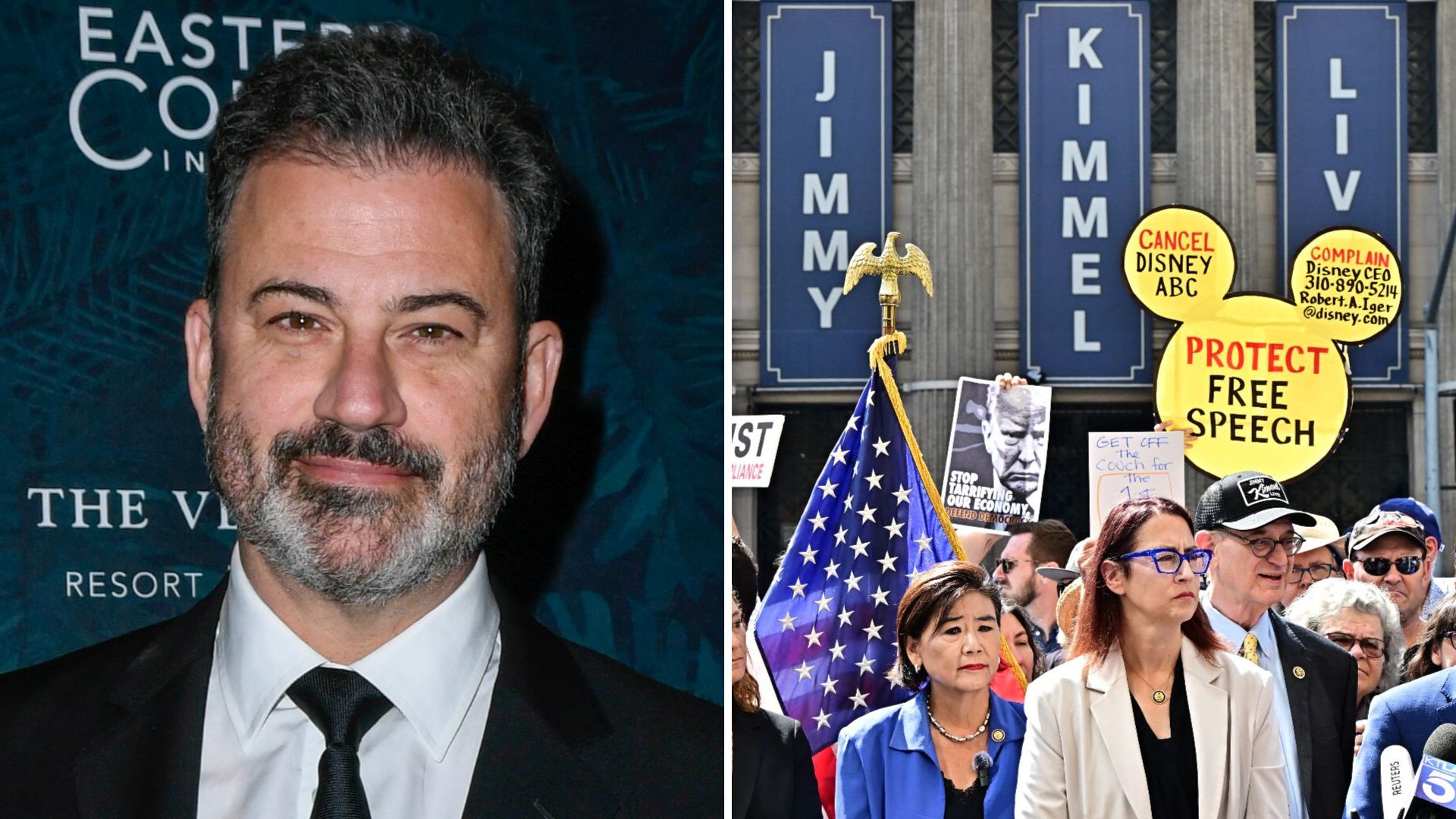
Discover the major achievements of Canada’s prime ministers, from Sir John A. Macdonald to Justin Trudeau.
Sir John A. Macdonald and the construction of the transcontinental railroad

Sir John A. Macdonald, founding Prime Minister of Canada from 1867 to 1873 and from 1878 until his death in 1891, played a central role in the creation of Confederation and the promotion of national unity. His tenure was marked by the construction of the transcontinental railroad, crucial to the country’s expansion, but also by controversial policies towards Aboriginals and the Pacific Scandal.
Alexander Mackenzie and the creation of the Supreme Court of Canada

Alexander Mackenzie, Prime Minister of Canada from 1873 to 1878, succeeded John A. Macdonald after his resignation. His mandate focused on democratic and administrative reforms, including the creation of the Supreme Court of Canada and the introduction of the secret ballot. However, an economic recession curbed his popular support.
Sir John Abbott, Acting Prime Minister

Sir John Abbott, in office from 1891 to 1892, succeeded John A. Macdonald as acting prime minister during a period of political transition. Although he accepted the post reluctantly, his tenure was marked by a pragmatic and discreet management of public affairs. He resigned for health reasons.
Sir John Thompson, first Catholic elected
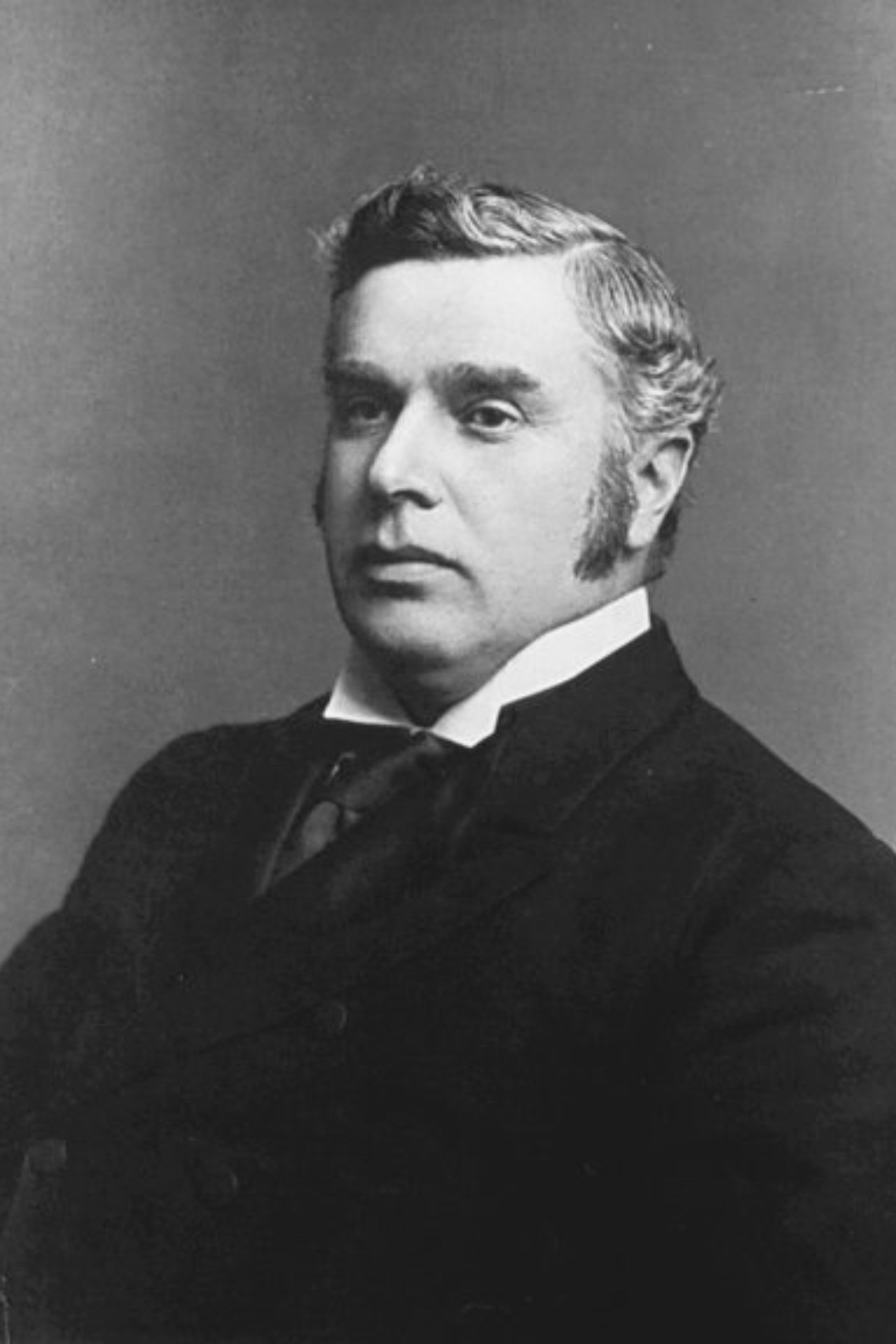
Sir John Thompson, Prime Minister of Canada from 1892 to 1894 and the first Catholic to hold the post, worked to ease tensions between Catholics and Protestants. His tenure was marked by judicial reforms and an increased commitment to international relations. His career was tragically cut short by his death.
Sir Mackenzie Bowell, a time of tension
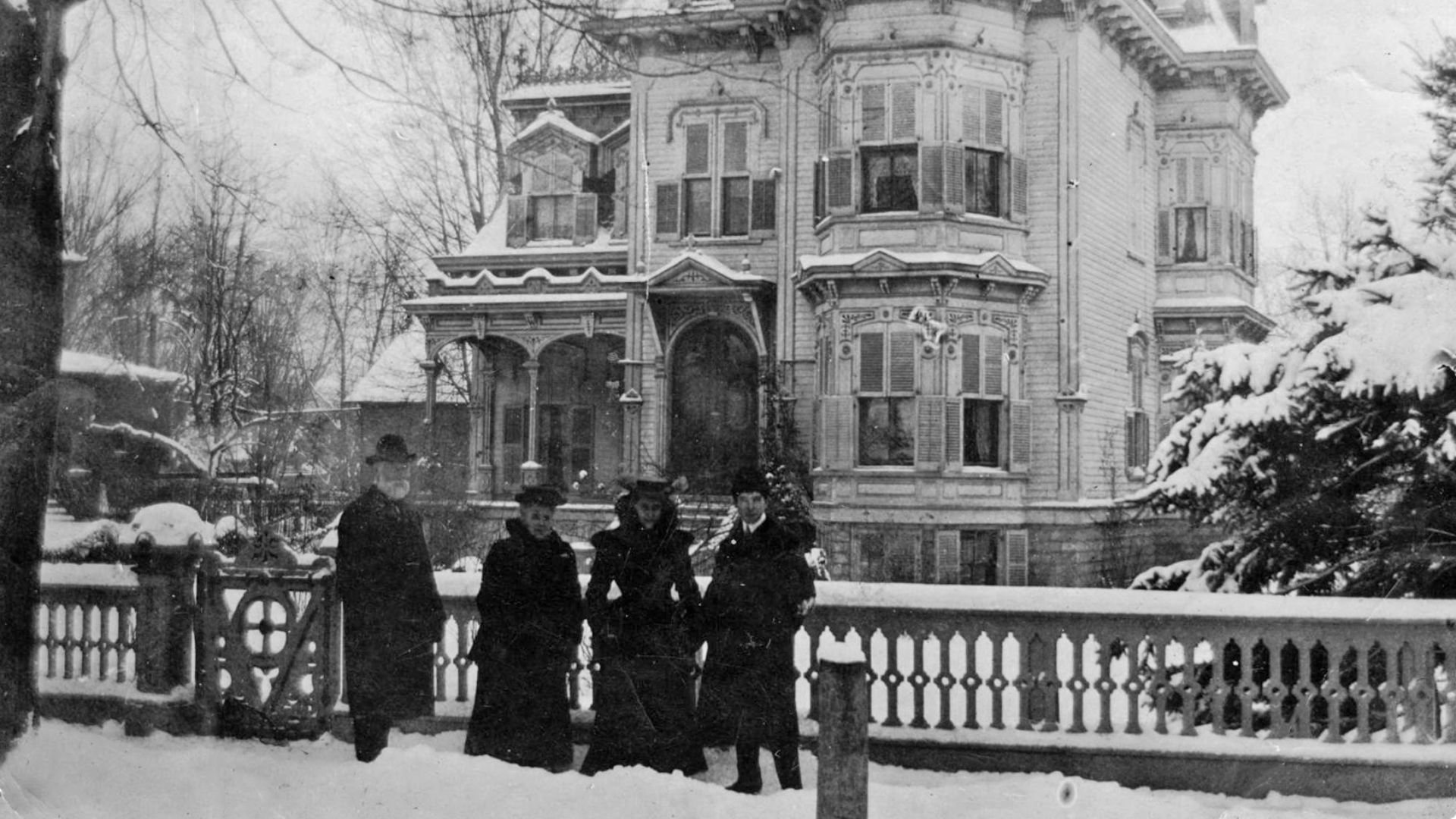
Sir Mackenzie Bowell, prime minister from 1894 to 1896, governed Canada during a period of religious and linguistic tension, notably the Manitoba Schools Crisis. His inability to resolve this conflict undermined his leadership. Despite its brevity, his tenure revealed the challenges of national unity in a diverse country.
Sir Charles Tupper and his 69-day mandate

Sir Charles Tupper, Prime Minister of Canada in 1896, had the shortest mandate in Canadian history, lasting just 69 days. Although he left no significant impact as prime minister, he played a crucial role in Confederation as a founding father and influential minister.
Sir Wilfrid Laurier, the first French-speaking prime minister

Sir Wilfrid Laurier, Prime Minister of Canada from 1896 to 1911 and the first Francophone to hold the post, worked for national unity between Anglophones and Francophones. His term of office was marked by massive immigration to help colonize the West. An advocate of compromise, he modernized the economy and strengthened Canadian autonomy within the British Empire.
Sir Robert Borden and Canada's international status

Sir Robert Borden, Prime Minister of Canada from 1911 to 1920, led the country through the First World War, playing a crucial role in national mobilization. In 1917, he introduced conscription, causing divisions, particularly in Quebec. Under his leadership, Canada strengthened its international autonomy by participating in the Treaty of Versailles.
Arthur Meighen and conscription

Arthur Meighen, prime minister of Canada twice, from 1920 to 1921 and in 1926, distinguished himself by his eloquence and commitment to conservative policies. His tenure was marked by conscription-related tensions and economic challenges. Despite his determination and intelligence, he was never able to win lasting popular support, which limited his political impact.
William Lyon Mackenzie King and the modern welfare state

William Lyon Mackenzie King, Canada’s longest-serving prime minister, from 1921 to 1926, from 1926 to 1930 and from 1935 to 1948, led Canada through crucial periods, including the Great Depression and the Second World War. He strengthened the welfare state, defended national unity and consolidated Canada’s independence on the international stage. Pragmatic, he left a lasting imprint on Canadian political history.
R.B. Bennett and the Bank of Canada

R.B. Bennett, Prime Minister of Canada from 1930 to 1935, governed during the Great Depression, facing an unprecedented economic crisis. He set up relief programs, founded the Bank of Canada and proposed social reforms inspired by the American New Deal. Despite this, his tenure was criticized for its limited effectiveness in tackling the crisis.
Louis St-Laurent and Canada's NATO membership

Louis St-Laurent, Prime Minister of Canada from 1948 to 1957, governed during a period of prosperity and modernization. His mandate was marked by the development of major infrastructures, such as the Trans-Canada Highway and the Trans-Canada Pipeline, Canada’s accession to NATO, and the strengthening of its identity on the international stage.
John Diefenbaker and the Canadian Bill of Rights

John Diefenbaker, prime minister from 1957 to 1963, distinguished himself by his commitment to civil rights and social justice. He introduced the Canadian Bill of Rights and extended the right to vote to Aboriginals. However, his foreign policy and economic decisions, notably the cancellation of the Avro Arrow program, provoked debate.
Lester B. Pearson, Medicare and the flag

Lester B. Pearson, Prime Minister of Canada from 1963 to 1968, left a lasting imprint through significant social and cultural reforms. He introduced universal medicare, the Canada Pension Plan and the unification of the armed forces. Under his government, the Canadiens flag was created. Winner of the Nobel Peace Prize, he greatly contributed to strengthening the Canadian identity.
Pierre Elliott Trudeau and the Canadian Charter of Rights and Freedoms

Pierre Elliott Trudeau, Prime Minister of Canada twice, from 1968 to 1979 and from 1980 to 1984, left a deep imprint on the country with his charisma and progressive vision. His mandate was marked by the adoption of the Official Languages Act, his management of the FLQ crisis, and the historic repatriation of the Constitution in 1982, including the Canadian Charter of Rights and Freedoms.
Joe Clark, the youngest elected Prime Minister in Canadian history

At the age of 39, Joe Clark, prime minister from 1979 to 1980, led a Progressive Conservative minority government. His mandate, marked by economic challenges and political tensions, ended when his budget was defeated in Parliament. Despite his short tenure, he remains the youngest prime minister in Canadian history.
John Turner and his short tenure

John Turner, prime minister in 1984, held the office for just 79 days, one of the shortest terms in Canadian history. Succeeding Pierre Trudeau, he had to manage a weakened Liberal Party and suffered a crushing defeat at the hands of Brian Mulroney in the general election.
Brian Mulroney and the Free Trade Agreement (NAFTA)

Brian Mulroney, prime minister from 1984 to 1993, distinguished himself with major economic reforms, including the conclusion of the Free Trade Agreement with the United States, later expanded to include NAFTA. He also attempted constitutional reforms, such as the Meech Lake Accord, while strengthening Canada’s international influence. His tenure was, however, marred by political controversy.
Kim Campbell, first woman prime minister

Kim Campbell, the first woman to become Prime Minister of Canada in 1993, led the country for a short mandate of just a few months. She inherited a weakened Progressive Conservative Party, suffering a historic defeat in the general election. Her leadership marked a symbolic moment in Canadian political history.
Jean Chrétien and the end of the budget deficit

Jean Chrétien, Prime Minister of Canada from 1993 to 2003, focused on economic stability and national unity. He eliminated the budget deficit, strengthened social programs and contributed to the rejection of the referendum on Quebec sovereignty in 1995. His refusal to participate in the war in Iraq marked his mandate.
Paul Martin and marriage equality

Paul Martin, Prime Minister from 2003 to 2006, continued his commitment to budgetary rigor, inherited from his role as Finance Minister. His mandate was marked by his marriage equality policy and investments in health care, but also by scandals and internal tensions within the Liberal Party.
Stephen Harper and foreign policy

Stephen Harper, Prime Minister of Canada from 2006 to 2015, emphasized economic stability and conservative policies. He reduced the national debt, strengthened Canada’s international influence and implemented stringent justice reforms. His mandate, however, sparked debate on the environment and civil liberties.
Justin Trudeau and his progressive policies

Justin Trudeau, Prime Minister of Canada since 2015, has distinguished himself through his commitment to family and progressive policies, including climate, gender equality and reconciliation with indigenous peoples. He has also led the country through the COVID-19 pandemic, despite controversy and major economic and political challenges.
